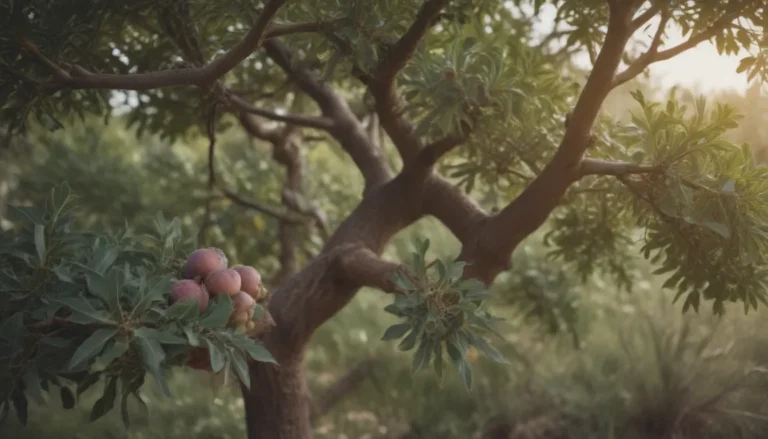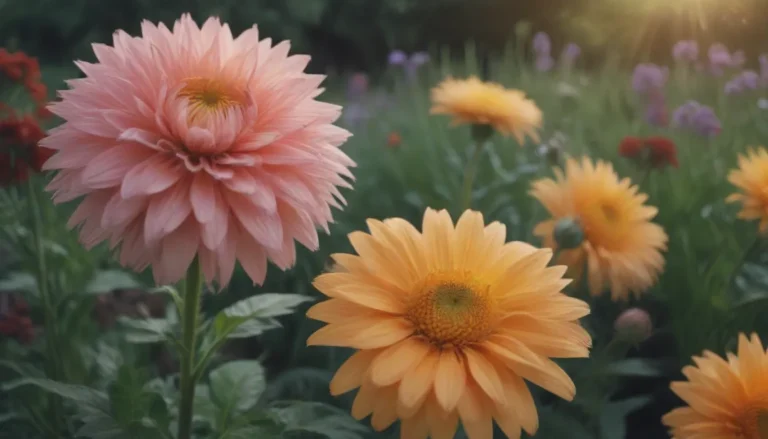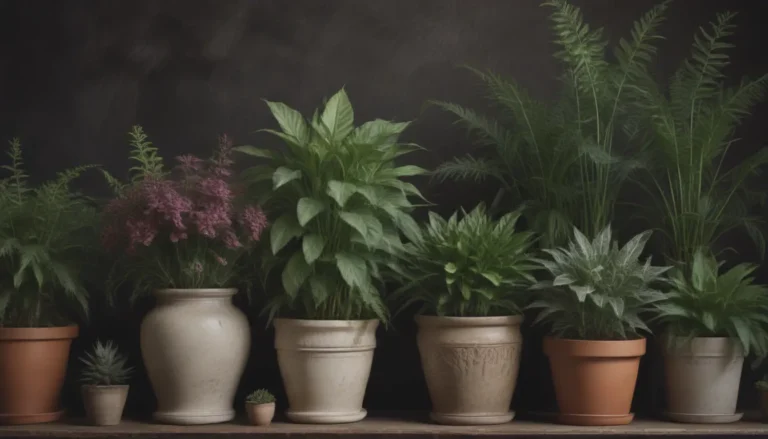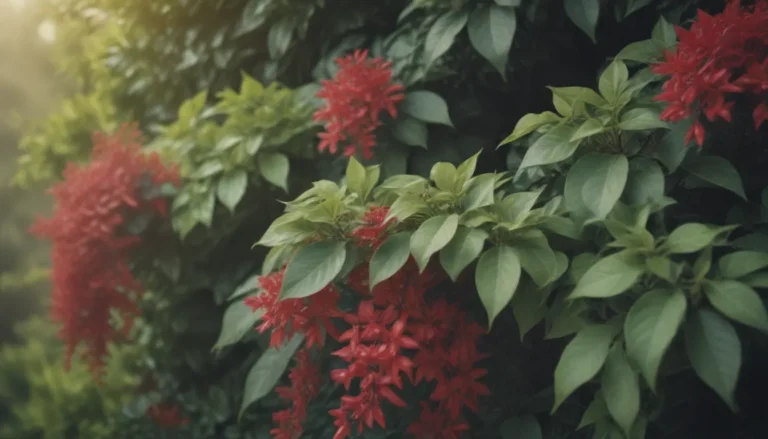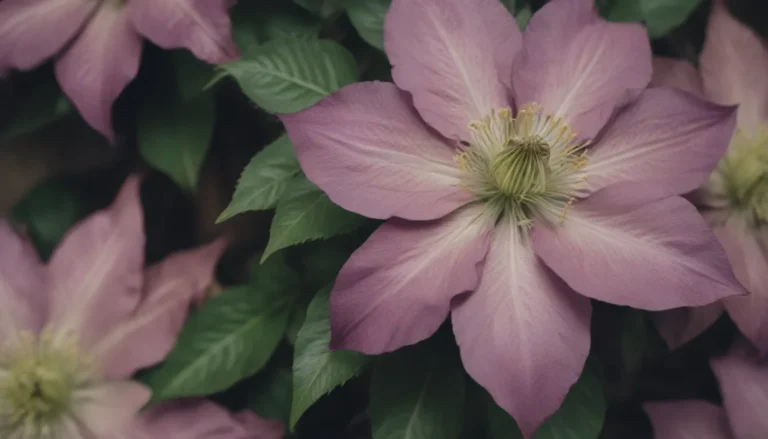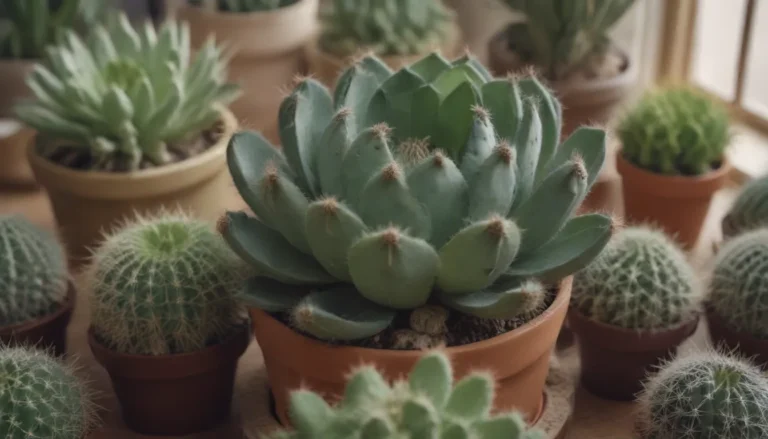How to Prevent Cats from Chewing on Your Plants
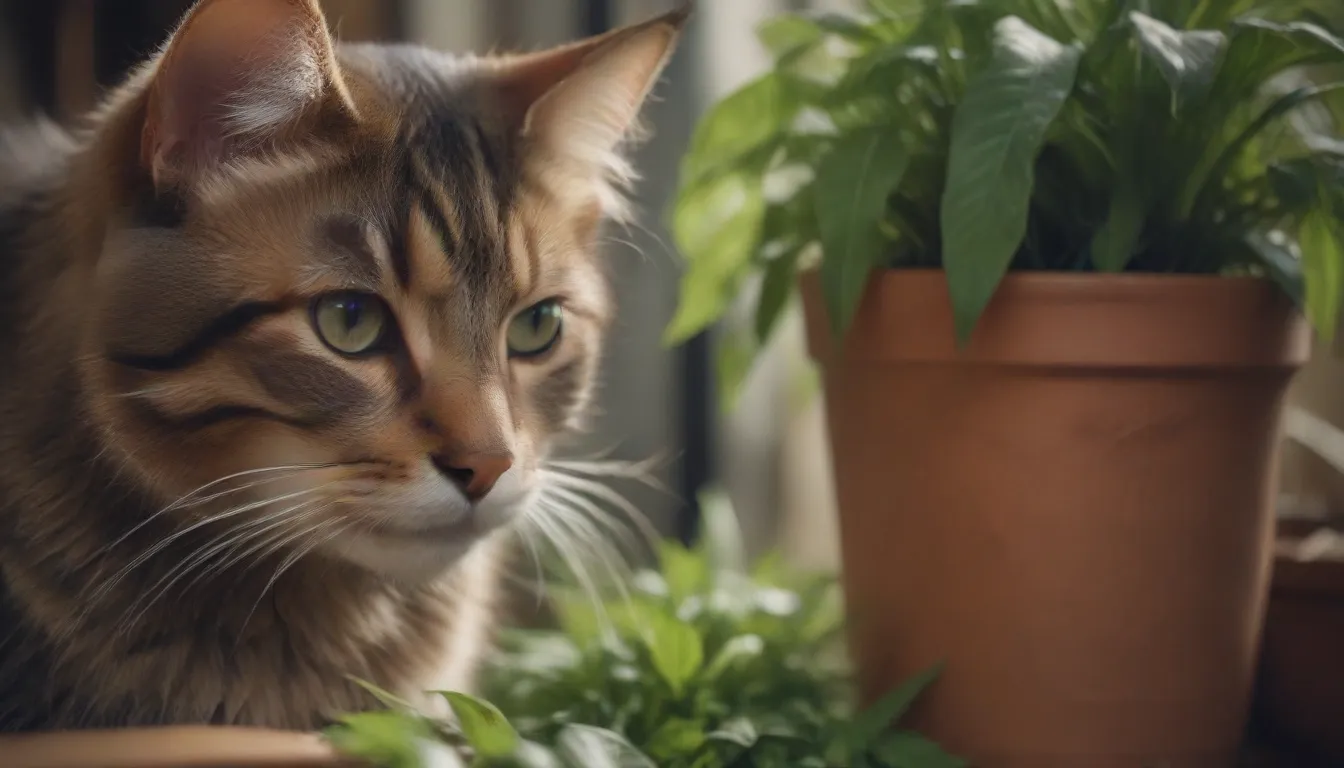
Are you tired of seeing your beloved plants destroyed by your curious feline friend? As adorable as cats can be, sometimes their playful nature can lead them to nibble on your precious greenery. Not only is this frustrating for plant enthusiasts, but it can also be harmful to your furry companions’ health. Fear not, as there are several effective methods to keep cats away from plants without causing them any harm.
In this comprehensive guide, we will explore various strategies recommended by animal and plant experts to deter cats from chewing on your plants. From introducing scents that repel cats to changing the plants’ location and providing alternative options for your feline friends to chew on, we’ve got you covered. Let’s dive into these helpful tips and tricks to create a harmonious environment where your plants and cats can coexist peacefully.
Scents That Keep Cats Away From Plants
One of the most effective ways to discourage cats from exploring your plants is by utilizing scents that are off-putting to them. However, it’s important to note that not all cats will respond the same way to every scent. Therefore, it may require some experimentation to find what works best for your feline companion.
Citrus Scents
Cats have a keen sense of smell, and there are certain scents that they find particularly unpleasant. Citrus fruits like oranges, lemons, and limes contain oils and compounds that can cause digestive irritation in cats, leading to vomiting or diarrhea. To harness the power of citrus as a cat deterrent, dilute the juice of a lemon, lime, or orange with water and spray it on the leaves of your plants.
Keep in mind that individual cats may have different preferences when it comes to scents, so be observant of your cat’s reaction to citrus.
Vinegar
Another effective deterrent for cats is vinegar. Cats are known to dislike the smell of vinegar, making it a safe and natural option to keep them away from your plants. However, it’s important to use vinegar sparingly and avoid spraying it directly on the plants, as it can harm the foliage and soil.
To create a vinegar spray, dilute distilled white vinegar with water in a 1-to-4 ratio and add a drop of liquid dish soap as a binding agent. Lightly spray the mixture near your plants to deter cats.
Warning
Avoid using cayenne pepper on plants as it can cause various health issues for cats, including eye irritation, skin sores, and stomach upsets. It’s crucial to prioritize your cats’ health and well-being when choosing deterrents for your plants.
Change the Plant’s Location
If you’re struggling to keep your cats away from certain plants, consider changing their location to make them less accessible to your feline companions. Here are a few options to consider:
- Hang plants: Suspended plants are out of reach for curious cats.
- Create a conservatory: Designate a cat-free zone for your plants.
- Enclose plants: Use protective barriers to prevent cats from accessing your plants.
Tweak With Tinfoil
While it may not be the most aesthetically pleasing solution, covering the edges of plant pots with tinfoil can effectively deter cats from exploring and potentially damaging your plants. Cats dislike the texture and sound of tinfoil, making it an easy and non-toxic way to protect your greenery.
Additionally, you can use plastic carpet runners with the nubby side facing up as an alternative to tinfoil.
Cover the Soil
To prevent cats from using your plants as a litter box, consider covering the soil with pinecones, rocks, or bamboo spikes. This barrier not only deters cats from digging in the soil but also adds a decorative touch to your plant’s aesthetic.
“AtCity Floral Garden Center, covering the soil of larger plants with natural elements like pinecones or rocks has been an effective method to discourage cats from using plants as a litter box,” recommends Marketing Director Matthew Osier.
Provide Cat Grass
Instead of simply trying to keep your cats away from plants, consider providing them with an alternative option for chewing. Cat grass and catnip are safe and enjoyable plants that cats can nibble on without harming your other houseplants. By offering your cats a designated area for chewing, you can redirect their behavior and protect your plants simultaneously.
“Cat grass is a great way to satisfy your cat’s natural instinct to chew on plants without putting your other houseplants at risk,” suggests plant enthusiast Vionna Wai.
Warning
Before introducing any new plants to your home, ensure they are non-toxic to cats. It’s essential to be aware of which plants are safe for your feline friends to interact with to avoid any potential health issues.
Additional Tips for Keeping Cats Away From Plants
In addition to the aforementioned strategies, there are several other methods you can try to deter cats from chewing on your plants:
- Experiment with different scents such as garlic, ammonia, or coffee grounds placed in bowls near your plants.
- Use plain water as a safe DIY cat repellent by filling a spray bottle and giving a gentle spritz in the direction of your cat.
- Consider commercial cat repellents, but always read the labels to ensure they are safe to use around indoor plants.
Remember, creating a harmonious environment for both your plants and your cats is possible with a bit of patience and creativity. By implementing these tips and tricks, you can enjoy a thriving indoor garden while keeping your furry companions safe and happy.
For more information on cat behavior and plant care, check out the following resources:
- ASPCA’s Pet Poisons: Be Mindful of These Household Products and Cleaning Agents
- MSPCA Angell’s Correcting Unwanted Cat Behavior
- Orange County NC Animal Services’ Human Deterrents for Free-Roaming Cats
Now that you have a variety of tools in your arsenal, go forth and create a cat-friendly and plant-loving environment in your home! Your cats and your plants will thank you for it.
